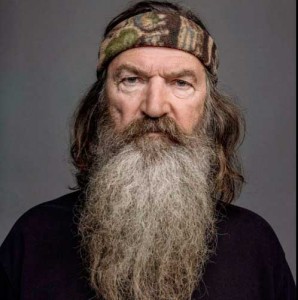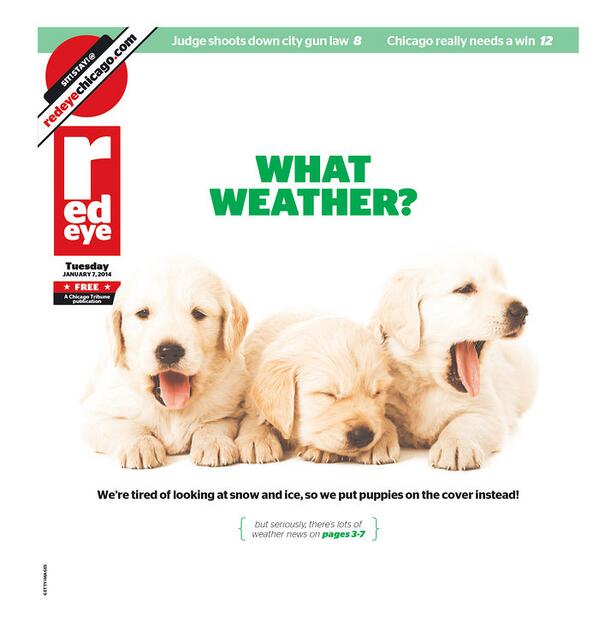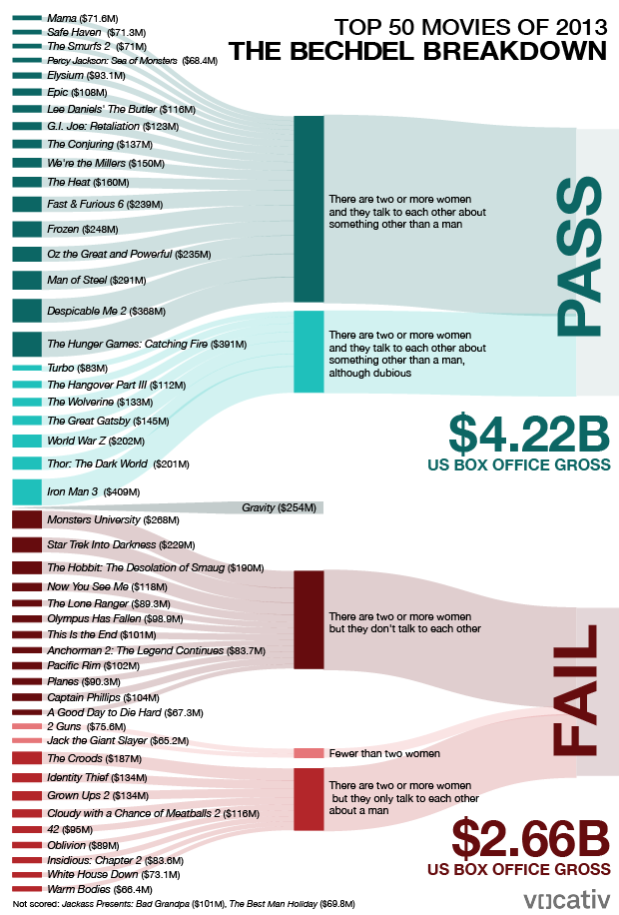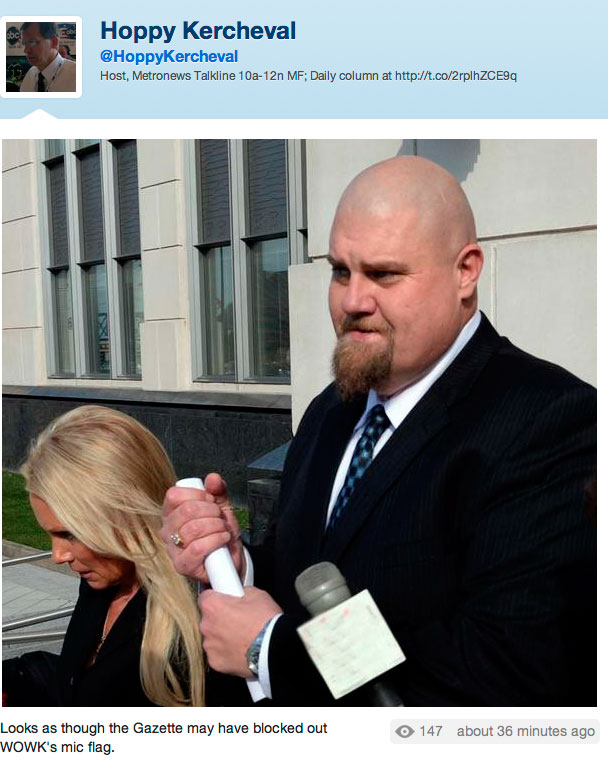 In March of 2003, Natalie Maines of the popular country band The Dixie Chicks told a British concert audience:
In March of 2003, Natalie Maines of the popular country band The Dixie Chicks told a British concert audience:
““Just so you know, we’re on the good side with y’all. We do not want this war, this violence, and we’re ashamed that the President of the United States is from Texas.””
Immediately following these comments (made shortly before the US invasion of Iraq), radio stations were pressured to stop playing the band’s songs, DJs who played their songs got fired, concerts were cancelled, and the band lost their corporate sponsors.
Members of the band also received numerous death threats.
President George W. Bush rightly noted:
“The Dixie Chicks are free to speak their mind. They can say what they want to say…. They shouldn’t have their feeling hurt just because some people don’t want to buy their records when they speak out…. Freedom is a two-way street…”

In December of 2013, Phil Robertson of the popular reality show Duck Dynasty made some negative comments about homosexuality in an interview with GQ magazine. Among the most quoted is:
“It seems like, to me, a vagina—as a man—would be more desirable than a man’s anus. That’s just me. I’m just thinking: There’s more there! She’s got more to offer. I mean, come on, dudes! You know what I’m saying? But hey, sin: It’s not logical, my man. It’s just not logical.”
In response, the A&E network, which carries Duck Dynasty, announced that they were suspending Robertson from the show indefinitely. A statement from the network says:
“We are extremely disappointed to have read Phil Robertson’s comments in GQ, which are based on his own personal beliefs and are not reflected in the series ‘Duck Dynasty. His personal views in no way reflect those of A&E Networks, who have always been supporters and champions of the LGBT community.”
Robertson got support from Louisiana Governor Bobby Jindal (the show is filmed in Louisiana) and former Alaska Governor Sarah Palin. Jindal said in a statement, “Phil Robertson and his family are great citizens of the State of Louisiana. The politically correct crowd is tolerant of all viewpoints, except those they disagree with.”
Looking at these stories, I notice several things:
- Two pop culture figures made controversial statements.
- Two pop culture figures suffered (or may suffer) financial losses for making those controversial statements.
- Nobody stopped either pop culture figure from speaking out freely. They were and are able to make any statement they wish without suffering governmental censorship.
It’s early, but it will be interesting to see the fall out from the Robertson story. But don’t be deceived. People on both the left and right face consequences for speaking their minds.







